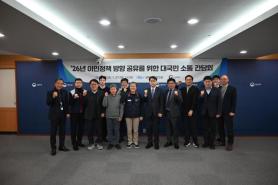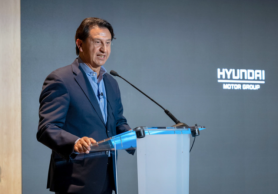
SEOUL, September 07 (AJP) - Hyundai Motor Company has canceled all scheduled business trips to the United States after hundreds of South Korean workers were arrested in Georgia on charges of illegal stay and employment.
Industry sources confirmed Sunday that the automaker had notified employees that all travel to the U.S. was suspended. The decision comes after a raid on a joint battery plant operated by LG Energy Solution and Hyundai Motor Group on Sept. 4 led to the detention of 475 people. About 300 of those arrested are believed to be South Korean citizens.
Reports indicate that most of the detained Koreans entered the U.S. with either an Electronic System for Travel Authorization (ESTA) or a B-1 business visa. While both allow for short-term visits, they do not permit employment.
Proper work visas for foreign nationals, such as the H-1B or L-1/E-2, can take months or even years to secure. For years, companies have informally relied on ESTA and B-1 visas to send workers on business trips, a practice that is now under scrutiny.
The unprecedented immigration raid, which led to the mass detention, appears to have prompted Hyundai's decision to halt travel. Industry observers now expect other South Korean firms with investments in the U.S. to also delay or postpone their business trips.
One industry official called the U.S. government's action a "first-of-its-kind crackdown on a long-standing practice."
"If travel becomes too difficult, it could make it virtually impossible for Korean companies to execute their business plans in the U.S. as scheduled," the official said on condition of anonymity.
Copyright ⓒ Aju Press All rights reserved.




